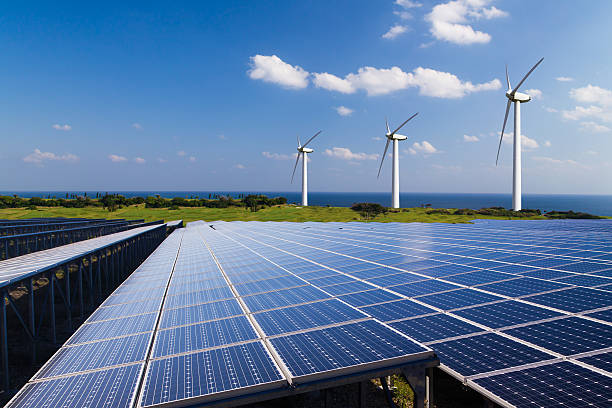Throughout the German countryside, the evidence of an energy revolution is becoming part of the scenery. Wind turbines dot the hillsides and solar panels can be seen on the roofs of even the most rural farmhouses.
Though renewable energy is on the rise, a significant challenge has always been finding ways to store it on days when the sun doesn’t shine and the wind doesn’t blow. In the small Bavarian town of Wildpoldsreid, technology company Sonnen is creating a battery that not only stores residential renewable energy, but allows users to even trade their excess energy with others.
“The specialty about Sonnen is that we provide homes with battery storage systems and make them more or less independent by connecting them to a virtual power plant called the Sonnen Community,” says CEO Christoph Ostermann.
Last year the company started selling their batteries to homeowners who do not have access to renewable energy collection devices such as wind turbines and solar PV systems. By decoupling the place of production and the place of consumption, Ostermann says more people in urban areas can begin using more renewable energy, even if they don’t produce it themselves.
“The energy world is becoming more and more decentralized and digitalized,” he says, “and our aim at the end of the day as a company is to provide, clean and affordable energy for all.”
The company started in 2010, and has sold around 30,000 battery systems, 75 percent of which in Germany.
The battery starts at approximately $7,000 and with an expected lifetime of 20 years, Ostermann says people can save money compared to buying power from the grid.
The Sonnen battery is made from lithium, the same material found in traditional smartphone and laptop batteries, but it’s engineered to offer a higher number of charge cycles, lasting longer.
“We are using a very specific cell chemistry which is called lithium ion phosphate, so our batteries perform easily 10,000 charge cycles.”
Along with residential usage, battery storage technology is becoming an increasingly popular solution to supporting grid infrastructure. After the devastating effects of Hurricane Maria in Puerto Rico, Sonnen and other renewable tech giants like Tesla, delivered residential battery units in an attempt to create a microgrid to bring power back to communities.
Just last month, Tesla also launched the world’s largest lithium ion battery in South Australia, to support the frequent blackouts that occur in the region.

